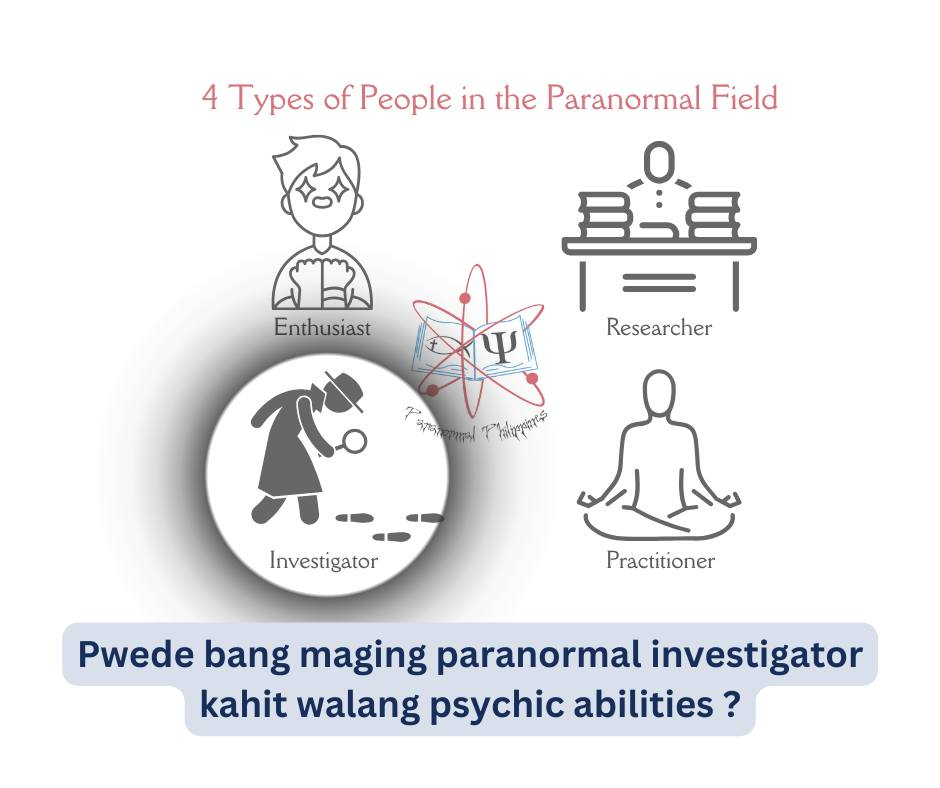Psychological Influences on Paranormal Investigation
Even the most seasoned paranormal investigator can be tricked—not by ghosts, but by the human mind itself. Our perceptions, memories, and social behaviors are all susceptible to subtle distortions that can make ordinary events seem extraordinary. From biases that color our interpretation to group dynamics that suppress critical thinking, these psychological influences shape how witnesses experience and report paranormal phenomena.
The table below summarizes the key factors investigators should be aware of, showing what each influence is, how it can affect paranormal investigation, and practical tips for navigating them. Awareness of these mental “tricks” is essential for separating the genuinely unexplained from the products of our minds.
| Phenomenon / Influence | What It Is / Description | How It Affects Paranormal Investigation | Tips for Investigators |
|---|---|---|---|
| Bias | Inclination toward partial perspectives, including confirmation bias. | Distorts witness accounts, making it harder to separate genuine phenomena from expectations. | Stay aware of your own biases; cross-check witness reports with objective evidence. |
| Confabulation | Unintentional creation of false memories; witnesses may fabricate details when pressed. | Leads to inaccurate reports, hindering investigations of actual events. | Ask open-ended questions; avoid leading prompts; corroborate with multiple sources. |
| Myth Building | Embellishment of stories as they are retold; elements may be exaggerated or altered. | Obscures crucial facts and can render cases unsolvable. | Track original sources; differentiate between firsthand accounts and retellings. |
| Ego | Stubbornness, unwillingness to admit mistakes, and prioritizing reputation over truth. | Can block acceptance of new information and alternative theories. | Encourage humility; prioritize facts over personal pride. |
| Groupthink | Cohesive groups suppress critical thinking and conform to dominant theories; may overestimate group power. | Leads to selective information gathering and poor decision-making. | Promote diverse viewpoints; encourage questioning and debate within investigation teams. |
| Expectancy Effect | When a witness or investigator expects to experience something, the mind may unconsciously produce sensations or perceptions to match. | Can cause people to “see” ghosts, hear voices, or feel presences that are not objectively there. | Document prior expectations; maintain neutral language during investigations. |
| Emotional State | Strong emotions like fear, anxiety, or grief can amplify perceptions. | Heightens the likelihood of interpreting ambiguous stimuli as paranormal. | Note witness mood; consider stress or fatigue as amplifying factors. |
| Attention & Focus | Where someone directs their focus can shape perception; inattention can lead to missed cues or misinterpretation. | Witnesses may misinterpret ordinary events or objects as paranormal. | Encourage careful observation; guide witnesses to describe everything, even seemingly mundane details. |
| Memory Distortion | Memory is reconstructive and malleable; details can be unintentionally altered over time. | Past experiences may be “remembered” incorrectly, creating false paranormal reports. | Compare reports over time; check consistency and corroboration. |
| Social Suggestibility | People are influenced by peers, media, or authority figures when interpreting unusual events. | Group expectations or stories can shape individual reports of paranormal experiences. | Separate individuals for independent testimony; avoid sharing prior conclusions before collecting accounts. |
| Cognitive Dissonance | Mental discomfort from conflicting beliefs can lead people to reinterpret experiences to fit their worldview. | May cause rational events to be recast as paranormal to resolve tension between belief and observation. | Listen for internal conflict; consider alternative, natural explanations first. |
Remember, this does not mean that all paranormal experiences are purely the result of psychological factors. Rather, these influences highlight the ways our minds can shape, distort, or amplify experiences that may seem extraordinary. Consider these factors as tools to help investigators differentiate between naturally explainable phenomena and those that truly resist explanation.
Keep in mind that perception is just one piece of the puzzle. Other elements, such as environmental conditions, cultural expectations, and physiological states, can also interact with psychological influences to create seemingly unusual experiences. We will also explore near sleep experiences, psychological and psychiatric conditions that can mimic paranormal events, and sensory misperceptions.
Please take care to avoid jumping to conclusions, as doing so might dismiss a genuine paranormal event, overlook subtle evidence, or misinterpret the witness’s experience. Approach each case with curiosity, open-mindedness, and critical thinking, balancing skepticism with respect for what cannot yet be explained.
More information:
- When the Mind Plays Tricks: Psychology and the Paranormal
- Near-Sleep, Psychological, and Psychiatric Factors Behind Unusual Experiences
- Hallucinations and Misperceptions
- Mga bagay na dapat din malaman: Excerpt from Multo, Thought Forms, Atbp. book by Mr. Ruel Ruiz
- C.E.



Comments
Post a Comment